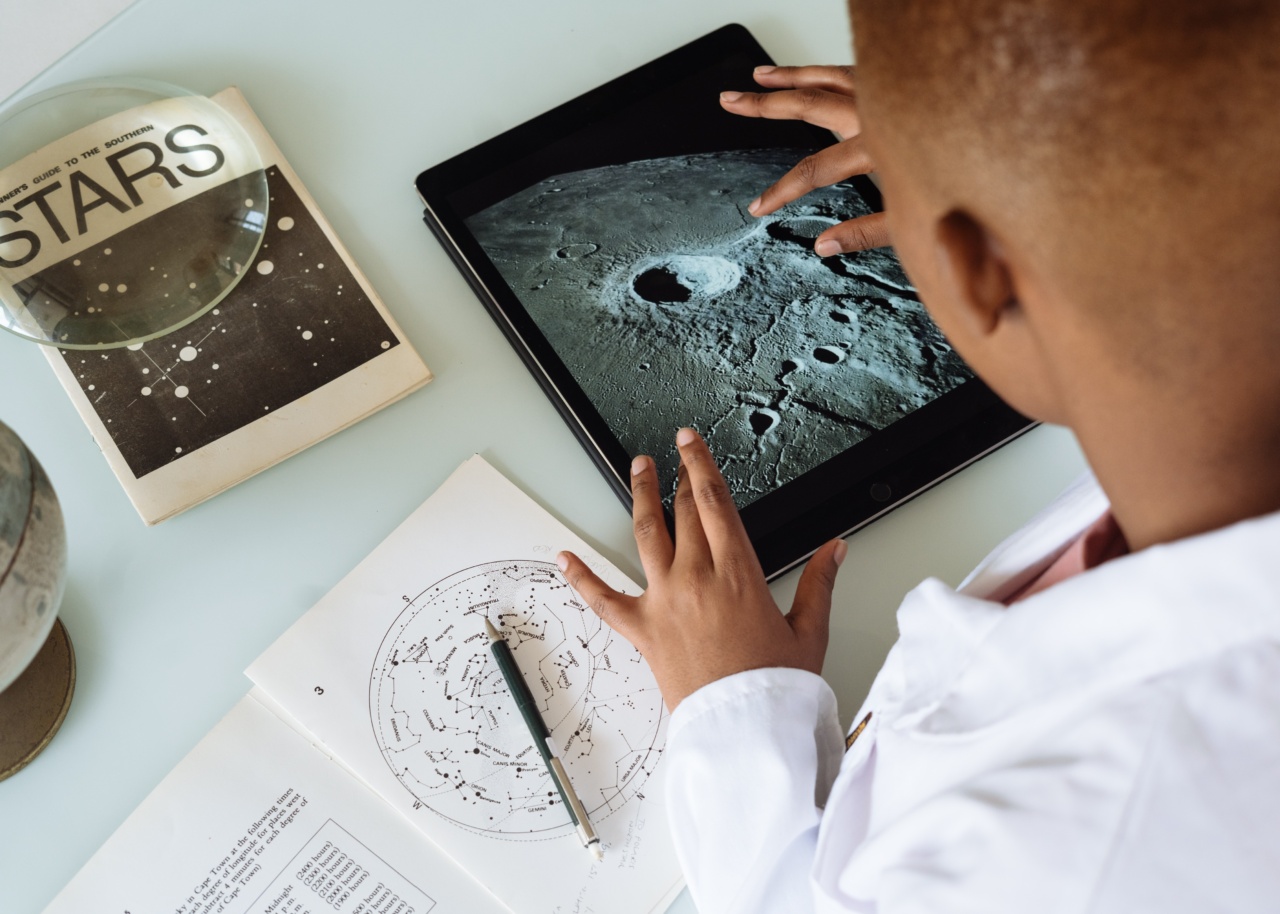With the rise of technological advancements, people have started shifting their focus from traditional reading to digital reading. There are various devices that have been introduced in recent years that facilitate digital reading.
Tablets are the new find that are taking the reading world by storm. Tablets offer convenience as they are lightweight, compatible with various reading apps and also enable syncing of notes and bookmarks between devices.
However, with the ease of accessibility, it is also essential to understand the impact of reading from a tablet versus a book.
Vision
Reading every day on a tablet or smartphone can cause Digital Eye Strain. Digital Eye Strain is a vision-related problem that leads to eye fatigue, headaches, and blurred vision.
This strain results from staring at screens which emit blue light that can spark bad effects on the retina, which is the light-sensitive part of the eye. It is, therefore, important to adjust the brightness and contrast of your screen or use screens that have been designed specifically to absorb blue light to minimize the effects of blue light exposure on your eyes.
Focus
When you read from a book, there are very few distractions to interrupt your focus. Reading on a tablet or computer, on the other hand, come with many distractions like messages, alerts, and other applications.
It’s essential to block out any irrelevant apps before beginning reading to ensure that your attention is entirely focused on the content of the book.
Comprehension
When you read on a tablet, your understanding of the material may drop because it can be harder to immerse yourself in the storyline. Moreover, you may miss important details that can contribute to your overall understanding and perception of the book.
Reading from a book provides a tactile experience that allows one to remember the contents better than when reading from a digital device. If you need to retain vital data or concepts, it might be best to study from a book.
Memory
Many studies have shown that people tend to remember material better when reading it in print form.
Print materials engage more of our senses and significantly impact learning since text is associated with spatial relationships, turns, corners, and specific positions that are vital in recalling information. Memory recall can be impacted when reading from a digital device since the experience is linear.
Impact on Sleep
Using electronic devices i.e, cellphones, laptops, tabs, late at night can cut back on the quality of one’s sleep.
The blue light emitted from electronic devices suppresses the level of melatonin, which is a hormone that helps in keeping the body’s sleep-wake cycle in check. It is, therefore, essential that if the situation calls for it, people turn off their devices at night or use dimmer screens or devices with filters that suppress blue light.
Environmental Impact
Printed media usage contributes to environmental pollution since paper products are made from cutting down trees. On the other hand, using tablets reduces environmental waste since it operates as a platform to read books without any physical substrates.
So from a scientist’s perspective, tablets could have less of an impact on the environment.
Convenience
Digital reading is revolutionary because it offers the flexibility and convenience of carrying many books in one device. One can travel light or take a break at work to read a book without having to carry one around.
The tablet devices also come with built-in lighting that enables reading in low light environments.
Cost
The costs of books, newspapers, and magazines can add up, making digital reading a financially viable option.
Tablets and e-readers are reusable and can be filled with many different books, so the money spent on an e-reader/tablet is quickly regained in the savings on books not purchased.
Conclusion
Ultimately, the choice between reading from a tablet or a book comes down to an individual’s preference. Both digital and traditional reading have their merits and disadvantages.
Tablets and digital platforms have brought about convenience and flexibility. At the same time, traditional books give the consumer an experience that many find hard to replicate with digital devices. The key takeaway is to find the right balance that works for one’s vision, lifestyle and learning preferences.






























